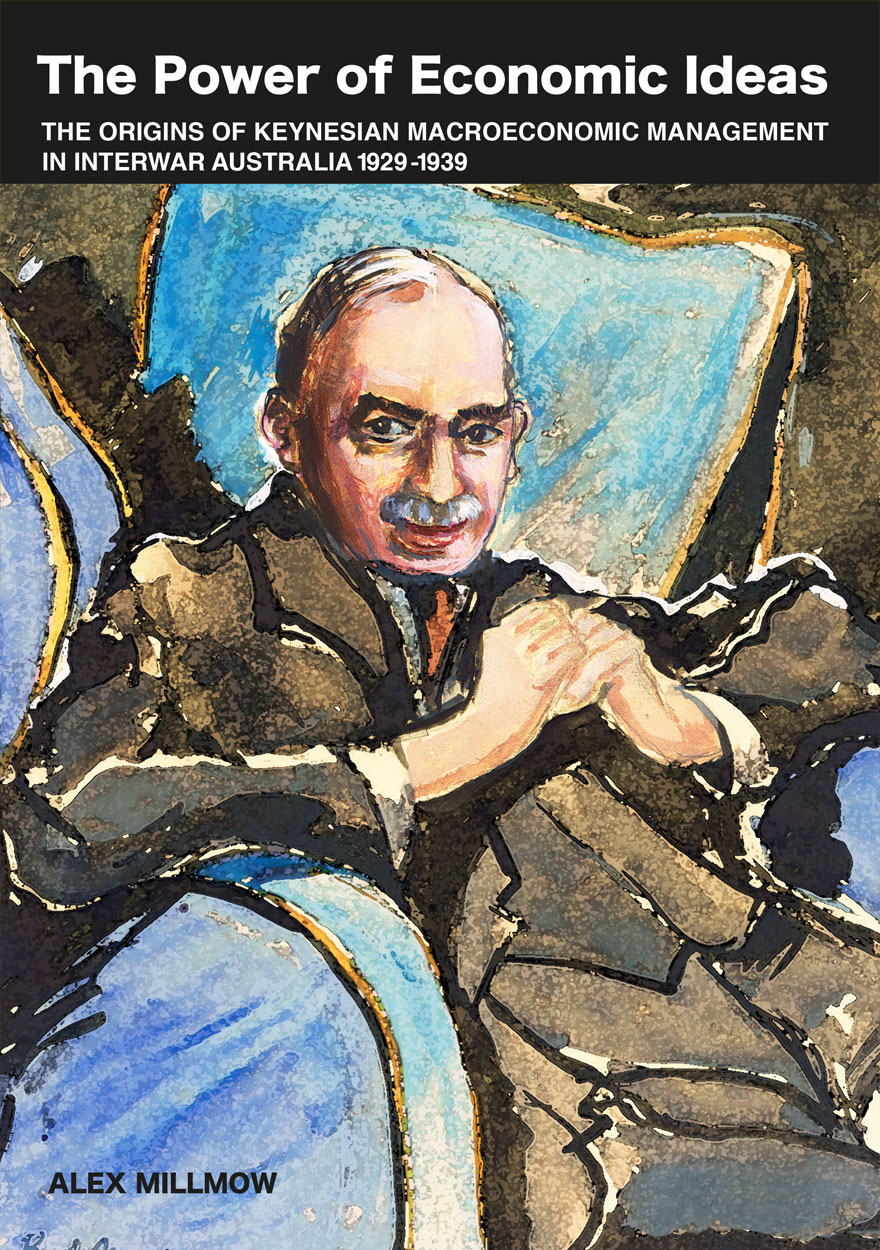Alex Millmow

Before entering academia, Alex was an officer within the Federal Treasury. He is the founder and co-editor of the Journal of Economic and Social Policy. He has written opinion pieces for the Australian media, most particularly The Canberra Times, the Australian Financial Review and The Age. During the 1990s he wrote a series of papers highlighting the alarming fall in student numbers enrolling in economic degrees within Australia. One of his research interests is the sociology of the Australian economics profession and the contribution the profession makes to society.
Alex’s other research interests include the economics of Joan Robinson, the history of Australian economic though as expressed through its fine tradition of applied economists and the role of economic ideas in steering public policy. In 2004 he completed his doctorate at The Australian National University on “The power of economic ideas: the rise of macroeconomic management in Australia 1929-1939″. He is the current President of the History of Economic Thought Society of Australia (HETSA), member of the Editorial Board of Australian Universities Review and a council member of the Victorian Branch of the Economic Society of Australia. He is currently writing a biography of the Anglo-Australian economist Colin Clark.




